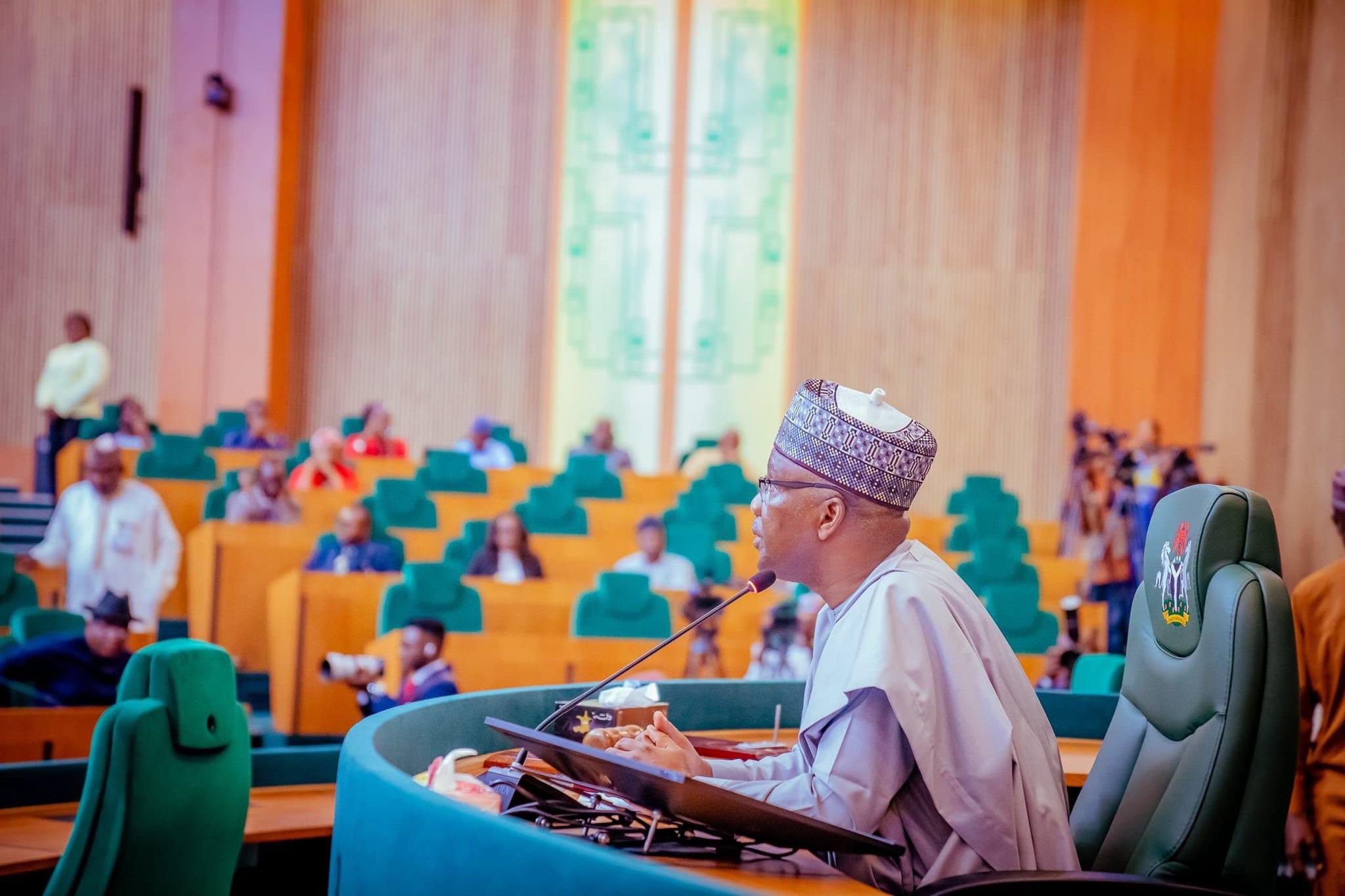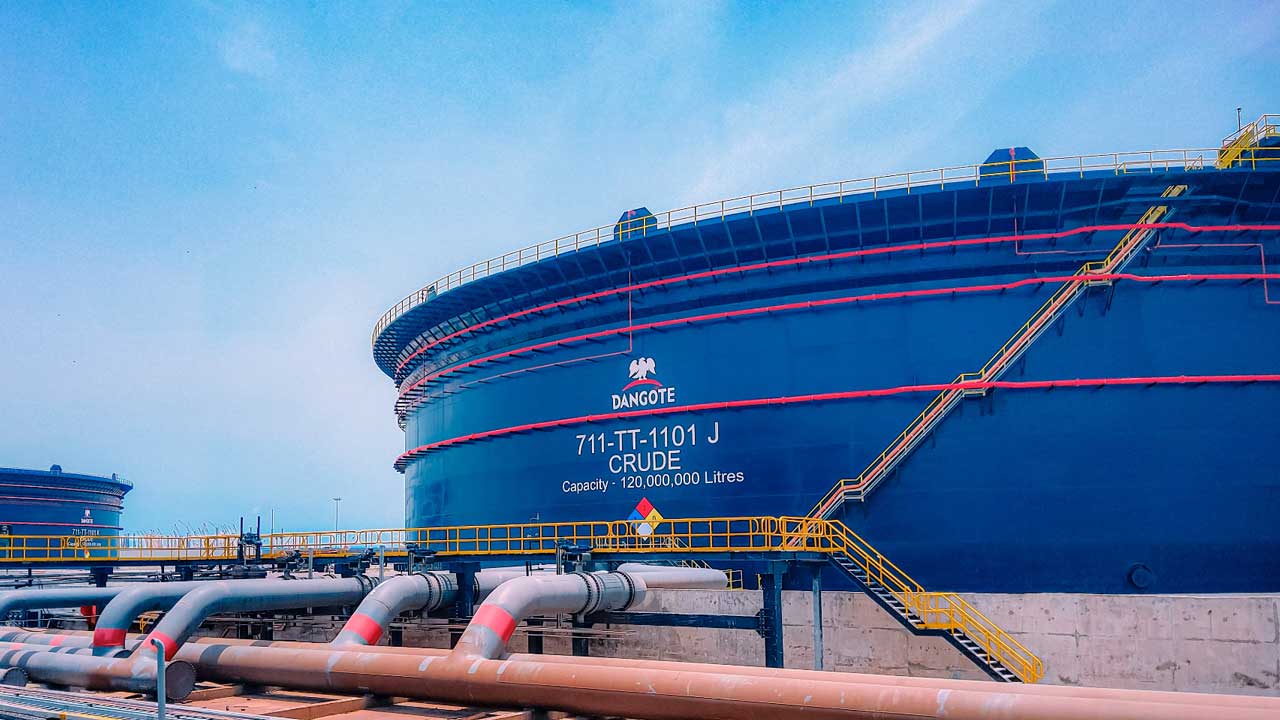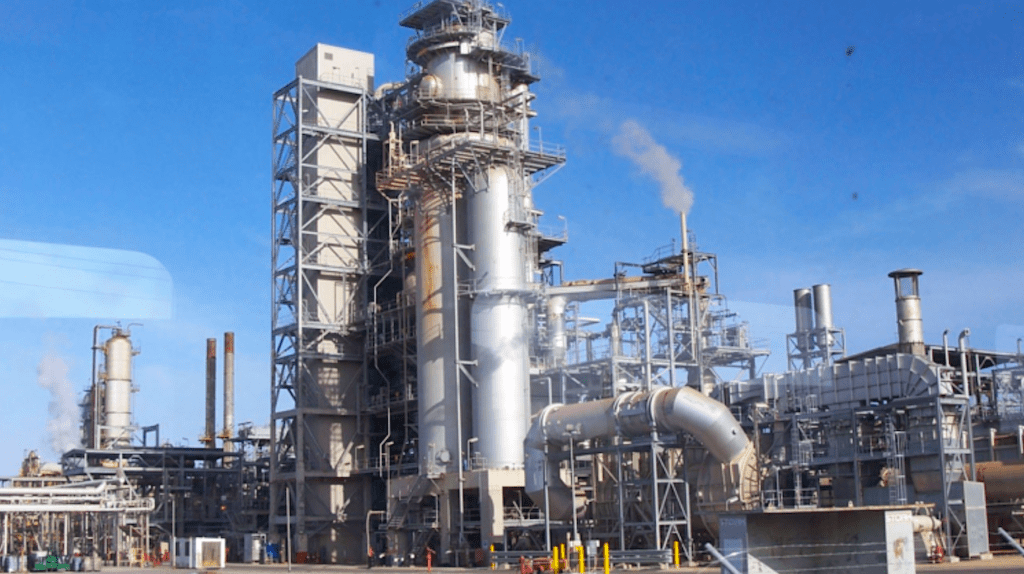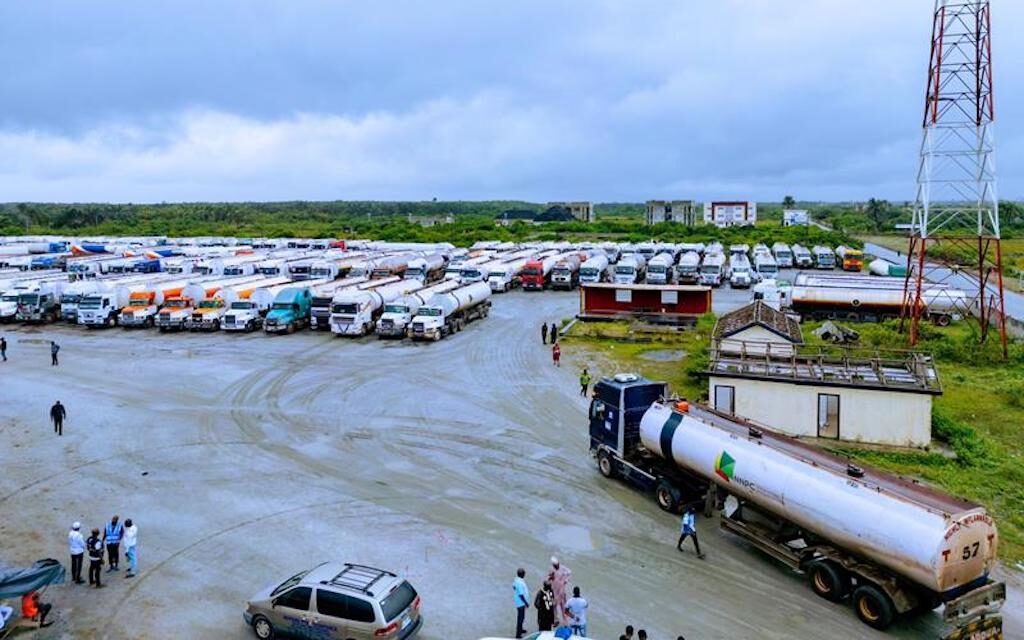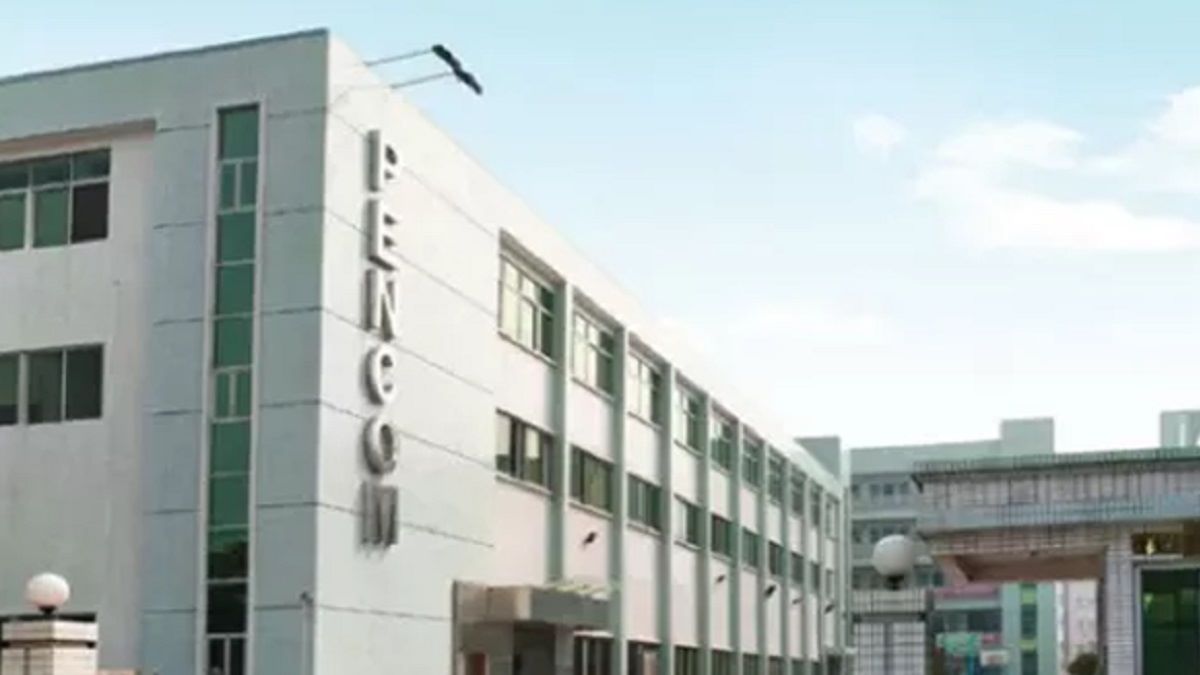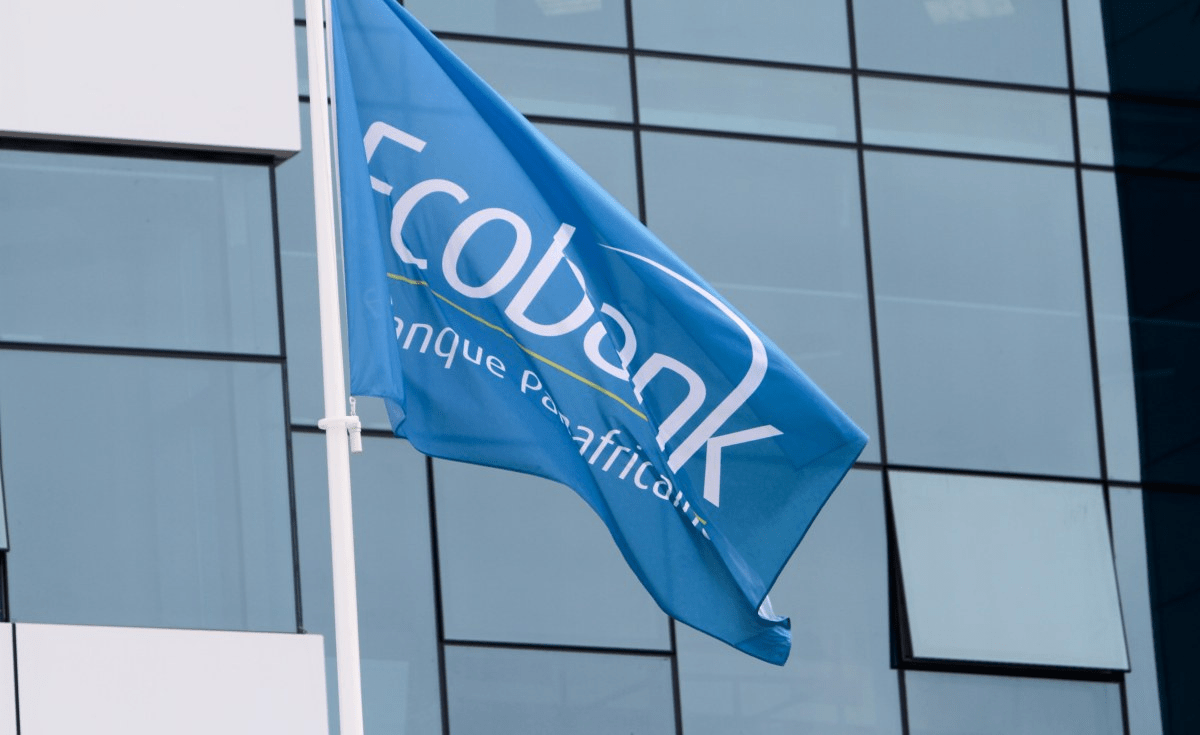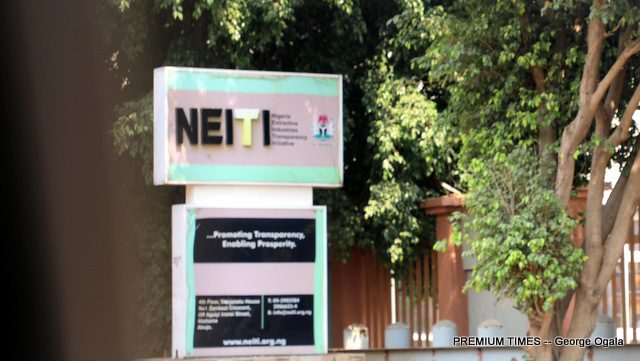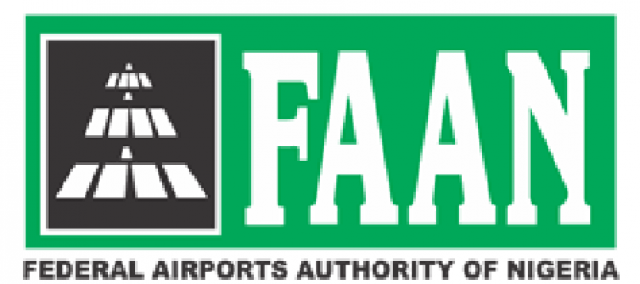Raheem Akingbolu takes a historical look at the operations of the Revenue Mobilisation Allocation and Fiscal Commission, highlighting efforts by its current leadership to revolutionise and redefine revenue allocation and fiscal federalism
RMAFC is one of the 14 Executive bodies established by the 1999 Constitution of the Federal Republic of Nigeria (as amended). Among its fundamental powers and functions are; to monitor the accruals of federally-generated revenues to the Federation Account and disburse same to the three tiers of government.
RMAFC also has the task to periodically review from time to time the Revenue Allocation formulae and principles in operation to ensure conformity with changing realities, determine remuneration packages appropriate for political, public and judicial office holders as well as advise governments at all levels on the ways to improve their internally-generated revenues.
Paragraph 31, Part 1 of the 3rd schedule of the 1999 Constitution of the Federal Republic of Nigeria (as amended) states inter alia, that Members of the Commission are appointed by Mr. President as those ‘who in the opinion of Mr. President are persons of unquestionable integrity with requisite qualifications and experience.
Founded in 1988, RMAFC has had distinguished Nigerians as chairmen and members over the years.
Lt. Gen. T. Y. Danjuma (rtd), was the pioneer chairman from 1988 to 1993, followed by late Chief Ernest Shonekan February to November 1993, who was later appointed by General Ibrahim Badamasi Babangida (rtd) as Head of Interim National Government after the military president stepped down over widespread protests aftermath of the annulment of June 12 presidential poll.
The commission was re-constituted after the exit of Shonekan with Engr. Hamman A. Tukur, a seasoned technocrat as Chairman and thirty 37 members appointed from 1999 to 2010.
In May 2010 late Alh. Salisu Jega succeeded Tukur as acting chairman until December 2010 when Engr. Elias N. Mbam, a former Minister of State for Finance, was appointed chairman with 20 board members.
The current chairman, Mohammed Bello Shehu, earlier served as secretary to the commission, was elevated to the position of substantive chairman of the commission when appointed by late President Muhammadu Buhari as successor to Mbam, who stepped down to contest gubernatorial election in his home state of Ebonyi in 2023.
Shehu, a prolific writer with numerous publications to his credit such as ‘The Gathering Storm: Boko Haram’, ‘Which Way Northern Nigeria”, ‘The United States Presidential Election’, ‘The Way Forward, Towards 2015 Election’, ‘Internally Displaced Persons in North East and International Humanitarian Interventions: An Appraisal 2020.
He had had his job well cut out for as his stint as secretary had acquainted him with the administrative structure and operations of the commission.
An insider in the real sense of it, Shehu resolved to chart critical pathways to the success of the commission by promising to deploy a robust Information and Communication Technology (ICT) infrastructure to facilitate online real-time monitoring of all revenue generating agencies to prevent revenue leakages, digitize revenue disbursement from the Federation Account to the three tiers of government.
RMAFC is also positioned to attract and retain highly skilled manpower through good remuneration packages and appropriate conditions of service; digitize and track in real-time the investments, dividends, returns, and properties held in trust by any Government Corporation, Corporate Entities in trust on behalf of the Federation.
Critical areas the chairman promised to look into include the review of the horizontal Revenue Allocation Formula (RAF) regularly without waiting for intervention funds from the Federal Government; establish and build a training institute and Research Centre for continually building capacity of the employees and other relevant stakeholders; enhance revenue accruals into the Federation Account; build effective synergy and institutional cooperation between the commission and the revenue-generating agencies; minimize leakages and ensure transparency and accountability in the management of federation revenue; and ensure up-to-date records and availability of information on Federation Account revenues.
Realizing that RMAFC could not achieve these noble objectives alone, Shehu quickly embarked on paying courtesy visits to relevant MDAs, development partners, top government functionaries, elder statesmen, media executives, community and religious leaders to build partnership and consensus within the policy environment, governmental institutions, academic community, CSOs and the media as a measure of reciprocity, the commission has lately become a beehive of activities receiving courtesy calls and visits by governors,.
The commission has also reviewed the Vertical Revenue Allocation Formula for sharing of revenues amongst the three tiers of government.
For instance, following the presidential approval to recover all lost revenue from the public and private sector from January 1, 2016 to December 31, 2019, the commission engaged the services of a consortium of forensic consultants able to establish huge revenue leakages to the tune of N6.9 trillion.
Worried by the incessant revenue leakages especially in the oil and gas sectors, RMAFC also paid working visit to the Minister of Defence to seek the cooperation and collaboration of defence and security forces in the area of stopping crude oil theft, pipeline vandalism, monitoring of crude oil exports terminals and partnership in the joint verification of crude oil installations and investments across the Niger Delta region.
The Minister of Finance and Coordinating Minister for the Economy, Wale Edun, disclosed during a FAAC retreat in Asaba, Delta State, that the federal government was pursuing key policy measures and expenditure projections aimed at economic reforms and diversification, efficiency in domestic revenue mobilization, fiscal discipline and debt management and inclusive economic growth.
In the area of indiscriminate granting of waivers and tax exemptions, the commission has observed that waivers and exemptions which ought to be granted to small businesses as incentives for expansion to generate jobs and grow the economy, are granted to large and well-established businesses thus, leading to huge revenue loss that should accrue to the Federation Account.
It has also been observed that most of the concessions granted are abused by the beneficiaries as the benefits do not accrue to end users.
Decrying the high cost of governance in Nigeria, over the years, the commission observed with dismay that the ugly trend has continued to generate public concern and discourse because of its negative implications on investment, industrial expansion, infrastructural development, and growth of the real sectors of the economy.
The incumbent chairman, expressed his worry over the developments, “It is more disturbing with the realization that the three arms of government are all involved.”
“The commission has at different fora made its position known on this matter through paper presentations. It is an obvious fact that the cost of governance in Nigeria is one of the highest in Sub-Sahara Africa, to put it mildly, and this has made it difficult for the government to accomplish its primary functions of infrastructural development, provision of good healthcare, improved educational standards,” Shehu said.
In order to overhaul the mining sub-sector of the Nigerian economy, RMAFC embarked on monitoring of mining activities in all parts of the country where it uncovered several challenges including cumbersome issuance of mining licenses, illegal mining activities and the attendant revenue losses, lack of up-to-date geological data, environmental issues and safety standards, weak legal and regulatory framework, multiple taxation and conflicting roles of government agencies which denied the country the needed revenue from the sector.
At the end of the fact-finding mission, the commission proffered far reaching recommendations on how to arrest the incidence of child labour, youth restiveness and resolve disputes with host communities as well as formalize states investments in the mining sector.
Given the important role, the commission plays in the nation’s political economy through statutory allocation of revenue via an equitable revenue sharing formula to the three tiers of government and fixing remuneration for public, political and judicial office holders at all levels of government, RMAFC has enormously contributed to the democratisation process, thus encouraging good governance, transparency and accountability and even development in the country.
The post New Initiatives to Reposition RMAFC appeared first on THISDAYLIVE.

